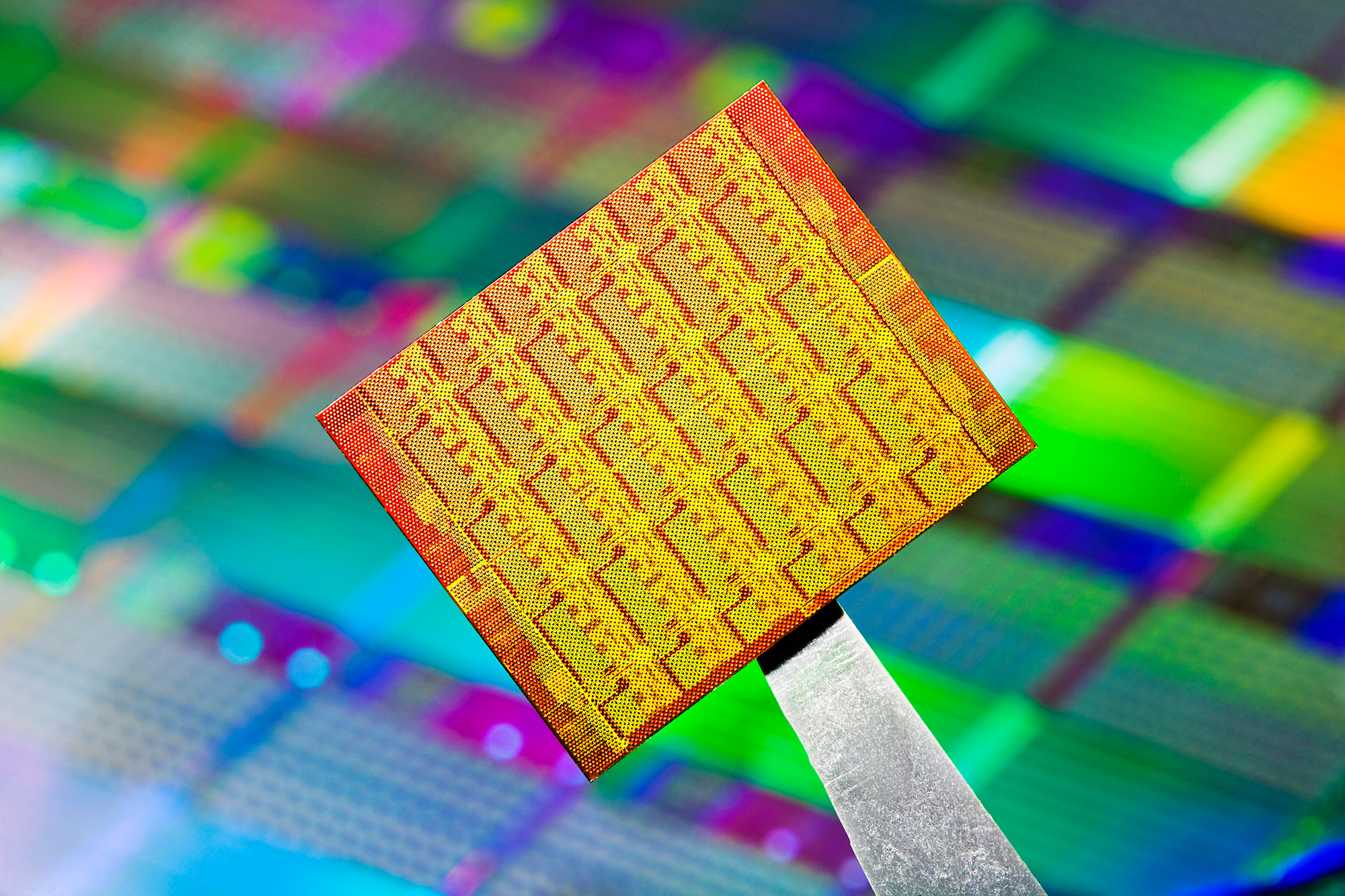Both Windows and Linux are receiving significant security updates that can, in the worst case, cause performance to drop by half, to defend against a problem that as yet hasn't been fully disclosed.
Patches to the Linux kernel have been trickling in over the past few weeks. Microsoft has been testing the Windows updates in the Insider program since November, and it is expected to put the alterations into mainstream Windows builds on Patch Tuesday next week. Microsoft's Azure has scheduled maintenance next week, and Amazon's AWS is scheduled for maintenance on Friday—presumably related.
Since the Linux patches first came to light, a clearer picture of what seems to be wrong has emerged. While Linux and Windows differ in many regards, the basic elements of how these two operating systems—and indeed, every other x86 operating system such as FreeBSD and macOS—handle system memory is the same, because these parts of the operating system are so tightly coupled to the capabilities of the processor.
Keeping track of addresses
Every byte of memory in a system is implicitly numbered, those numbers being each byte's address. The very earliest operating systems operated using physical memory addresses, but physical memory addresses are inconvenient for lots of reasons. For example, there are often gaps in the addresses, and (particularly on 32-bit systems), physical addresses can be awkward to manipulate, requiring 36-bit numbers, or even larger ones.
Accordingly, modern operating systems all depend on a broad concept called virtual memory. Virtual memory systems allow both programs and the kernels themselves to operate in a simple, clean, uniform environment. Instead of the physical addresses with their gaps and other oddities, every program, and the kernel itself, uses virtual addresses to access memory. These virtual addresses are contiguous—no need to worry about gaps—and sized conveniently to make them easy to manipulate. 32-bit programs see only 32-bit addresses, even if the physical address requires 36-bit or more numbering.

 Loading comments...
Loading comments...
